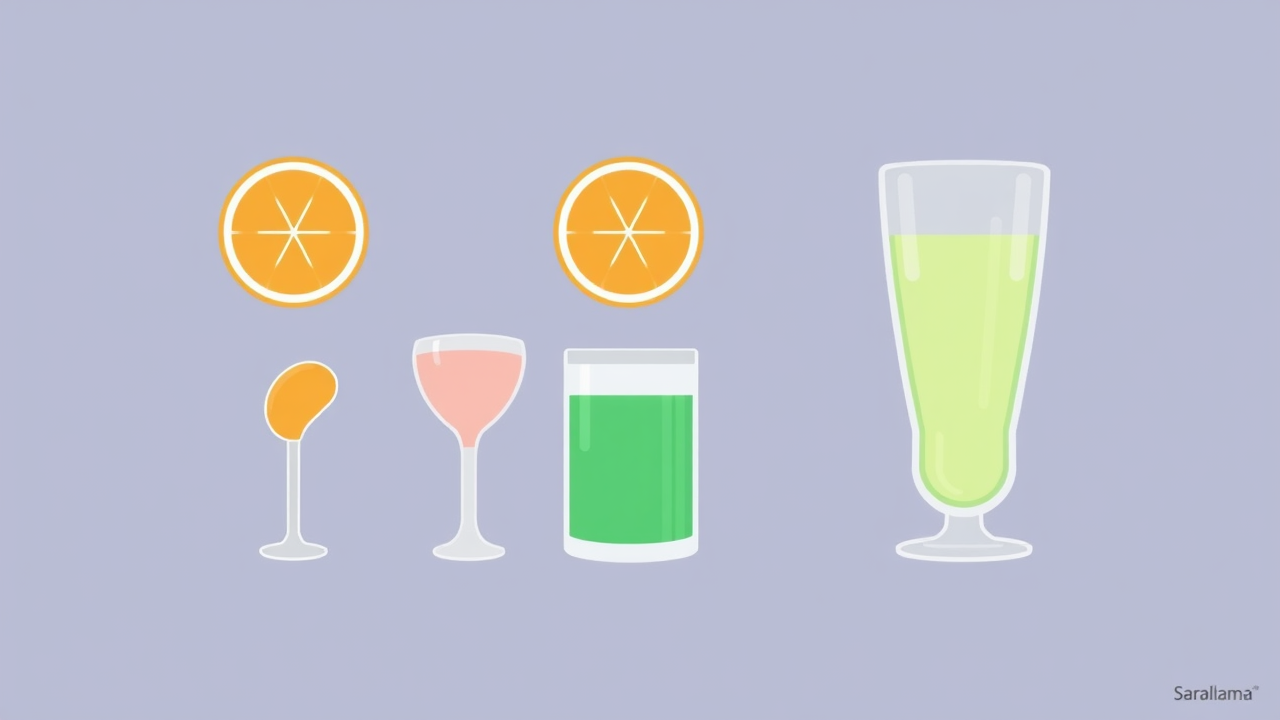Electrolytes are essential minerals like sodium, potassium, magnesium, and calcium that carry an electrical charge in water. They keep the body functioning by moving nutrients into cells, removing waste, rebuilding tissues, balancing pH levels, and regulating nerves, muscles, heart, and brain. The body gets electrolytes from food and drinks. Most people get enough from a regular diet with water and natural foods like bananas, leafy greens, citrus fruits, curd, and coconut water. However, certain situations like exercise, heat, illness, or low blood pressure may need extra support. Balance is important because too much or too little can cause health problems. Too much sodium raises blood pressure, while too little causes weakness. Experts recommend staying hydrated, eating varied foods, and consulting a doctor if concerns continue.

Choosing Electrolytes Based on Your Situation
For regular daily needs, water and electrolyte-rich foods are usually enough. After workouts or outdoor activities in heat, heavy sweating causes loss of sodium and potassium. Sports drinks or a homemade mix of water, salt, lemon, and honey can help. People with low blood pressure may benefit from extra salt in food or clear soups, but should consult a doctor first. During hot weather or illness with vomiting or diarrhea, oral rehydration solution (ORS) works best for quick absorption. Avoid energy drinks or high-caffeine beverages as they may increase fluid loss. Moderation matters because excess sodium causes hypernatremia and excess potassium causes hyperkalemia, affecting kidneys and heart rhythm. Always seek medical advice before making changes.
Source: Link
